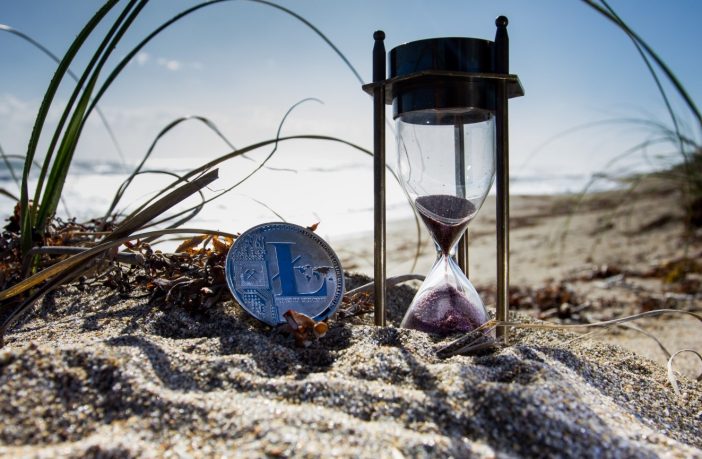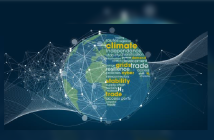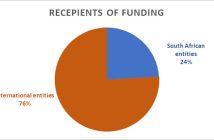- Blockchain technology allows IPP’s and state-owned energy utilities in Africa the opportunity to raise funds by selling their future energy production upfront in the form of energy tokens.
- Lack of political will and regulatory framework are major challenges.
- Opportunity sparks in the mini-grid off-grid sector.
The benefits of driving renewable energy transactions and financing using blockchain technology speak for themselves. The technology provides for secure data management, real-time transaction processing and reduced costs. The technology is currently being deployed by progressive countries that operate decentralised and privatised energy production and supply frameworks. So why not in Africa?
Simply put, most countries in Africa have centrally controlled energy production, transmission and distribution. They do not allow peer to peer selling by law. So while blockchain technology will suit governments in Africa when it comes to raising funds for renewable energy projects, it is not suitable for peer to peer transacting.
Another reason is that blockchain technology provides independent ‘bulletproof’ recording of data – there is nowhere to hide. In other words government interference, political agenda and corruption do not come into play when blockchain technology is deployed.
WePower, a blockchain based green energy trading platform provides an opportunity for Independent Power Producers (IPP’s) and Government Energy Utilities to raise funds by selling their future energy production upfront in the form of energy tokens. This enables IPP’s and the energy utility to bypass the traditional funding models of securing funding for projects.
However, the reliability of the model lies in the financial security of the off-taker. In most countries in Africa, debt security is not guaranteed. This bumps up the risk factor. The added financial guarantees come at a premium and may make the power price offered unaffordable for the off-taker.
There may be light at the end of the tunnel. Some African countries have started to form partnerships with IPP’s in the mini-grid off-grid sector. Such projects exist in Uganda, Kenya and Tanzania. This is an excellent platform to test blockchain driven transacting on a micro-scale and acclimatise stakeholders to the benefits – including governments.
Blockchain technology represents decentralised control, management and data recording. The current management of energy by African leaders represents the exact opposite. Bridging the divide will require a shift in political will and easing of the regulatory framework.
Blockchain technology is ready to provide finance and transacting platforms for renewable energy projects in Africa. Is Africa ready?
Author: Bryan Groenendaal











